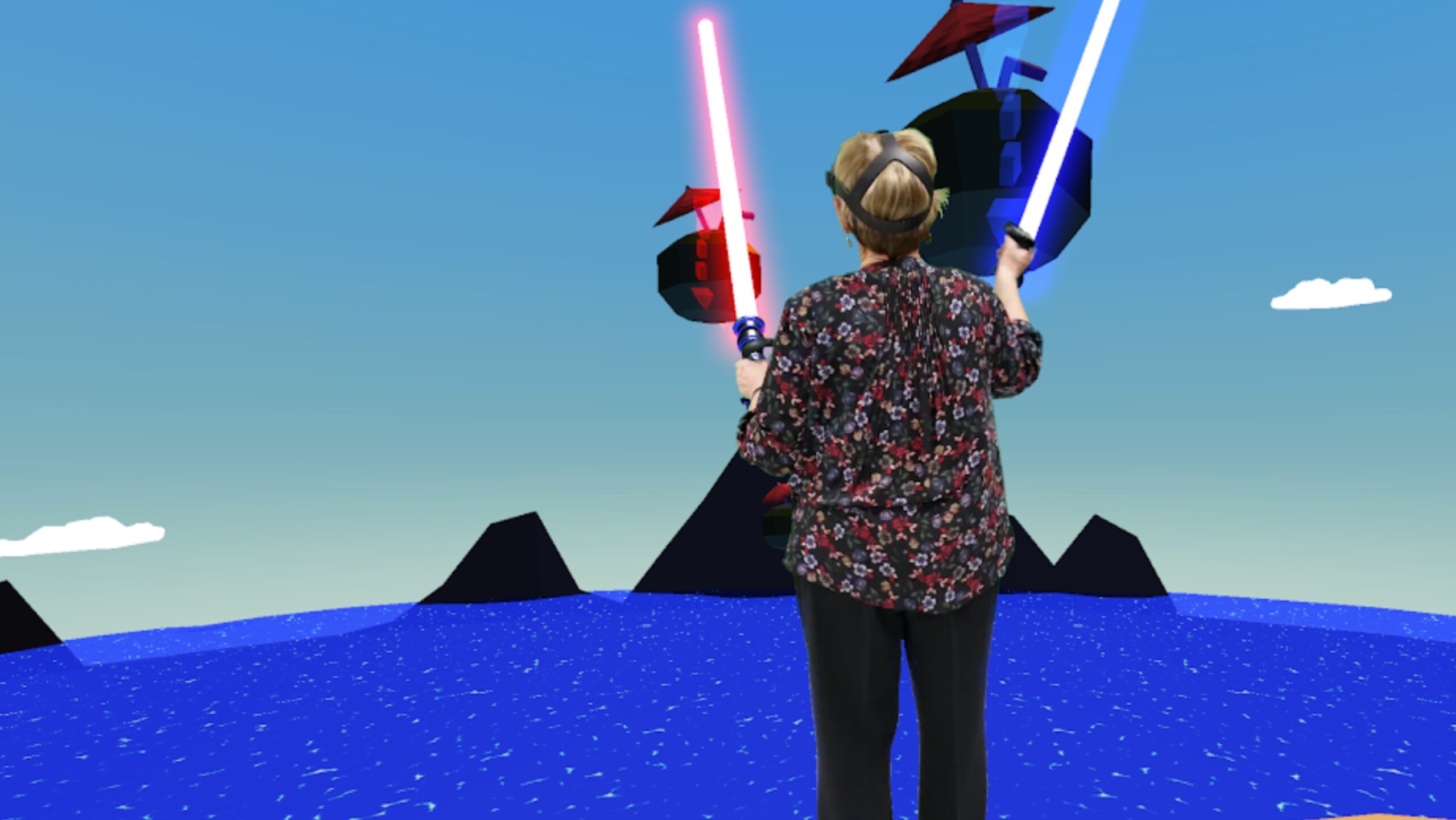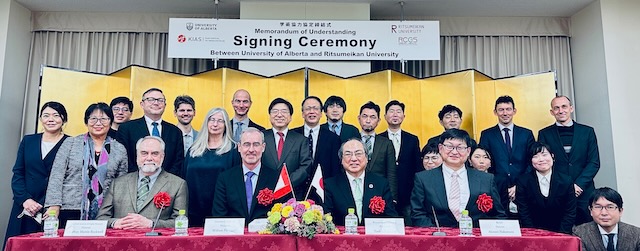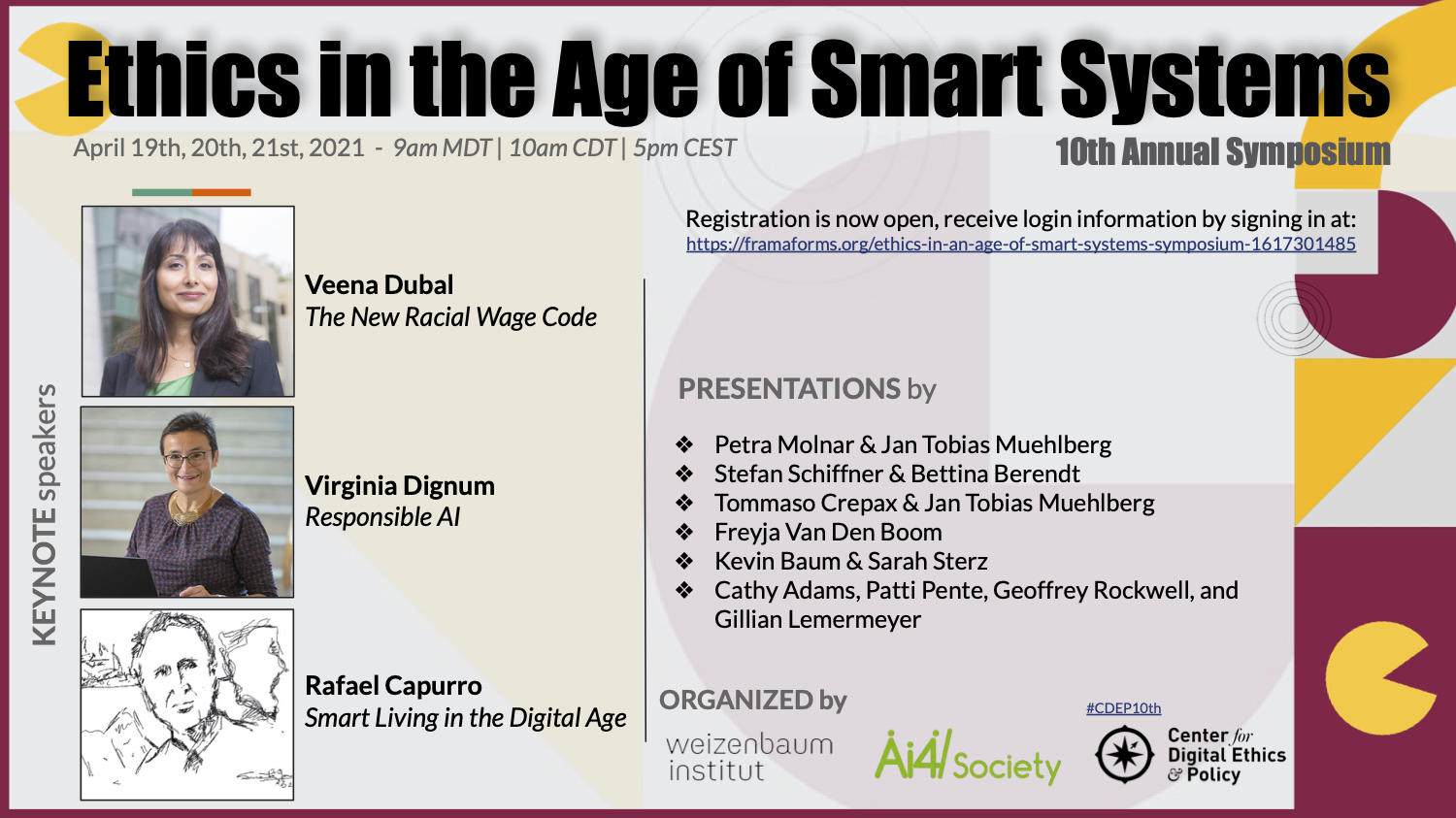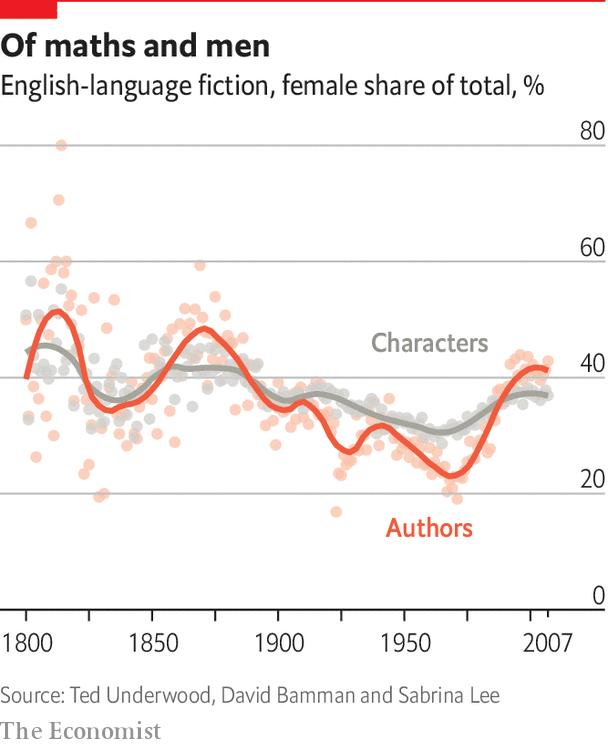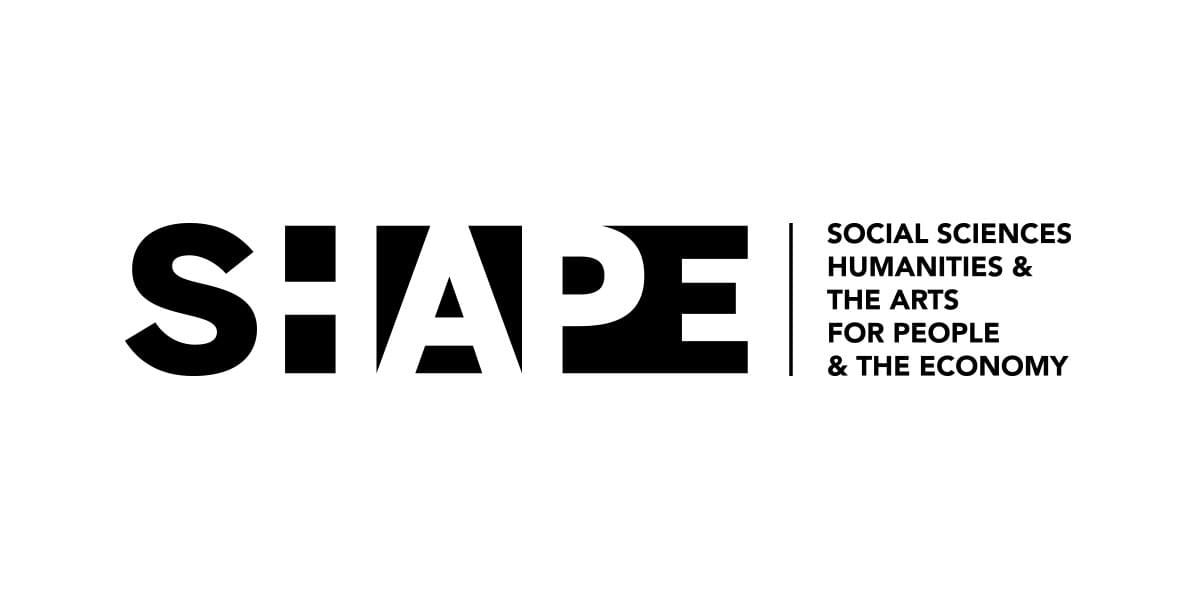University of Alberta is home to 18 faculties and dozens of research centres and institutes.
Institutions like the University of Alberta are typically divided into colleges, faculties and then departments. The U of Alberta has recently reorganized around three major Colleges that correspond to the three major granting councils in Canada. See Colleges + Faculties | University of Alberta. We then have centres and institutes that attempt to bridge the gaps created between units. The Kule Institute for Advanced Study, for example, supports interdisciplinary research and intersectoral research in an attempt to span the gaps between departments.
What are the institutional structures that guide and constrain knowledge creation and sharing at a University? Here is a rough list:
- The annual faculty performance assessment process has a major impact on the knowledge created by faculty. University processes and standards for assessment influence what we do or not. Typically research is what is valued and that sets the tone. The tenure-track process does free one eventually to be able to do research that isn’t understood, but one still gets regular feedback that can influence directions one takes.
- The particular division of a University into departments structures what knowledge one is expected to create and teach. The divisions are a topology of what is considered important fields of knowledge even if there are centres and institutes that cross boundaries. These divisions into departments and faculties have history; they are not fixed, but neither are they fluid. They come and go. A university is too large to manage without divisions, but divisions can lead to silos that don’t communicate as much.
- What one can teach and is assigned to teach has a dramatic effect on the knowledge one shares and thinks about. Even if one supposedly knows what one teaches, teaching, especially at the graduate level, encourages sustained reflection on some issues. Teaching is also one of the most important ways knowledge is replicated and shared.
- Knowledge infrastructure like the library and available labs make possible or constrain what one can do. If one doesn’t have access to publications in a field it limits one’s ability to study it. This is why libraries are so important to research in some fields. Likewise, if you don’t have access to the right sort of lab and research equipment you can’t do research. The ongoing competition for infrastructure resources from space to book is part of the shifting politics of knowledge.
- Universities will also have different incentives and support for research from small grants to grant writing staff. Research services has programs, staff and so on that can support new knowledge creation or not.
Then there are structures that are outside the university like the granting councils, but that is for another blog post.
